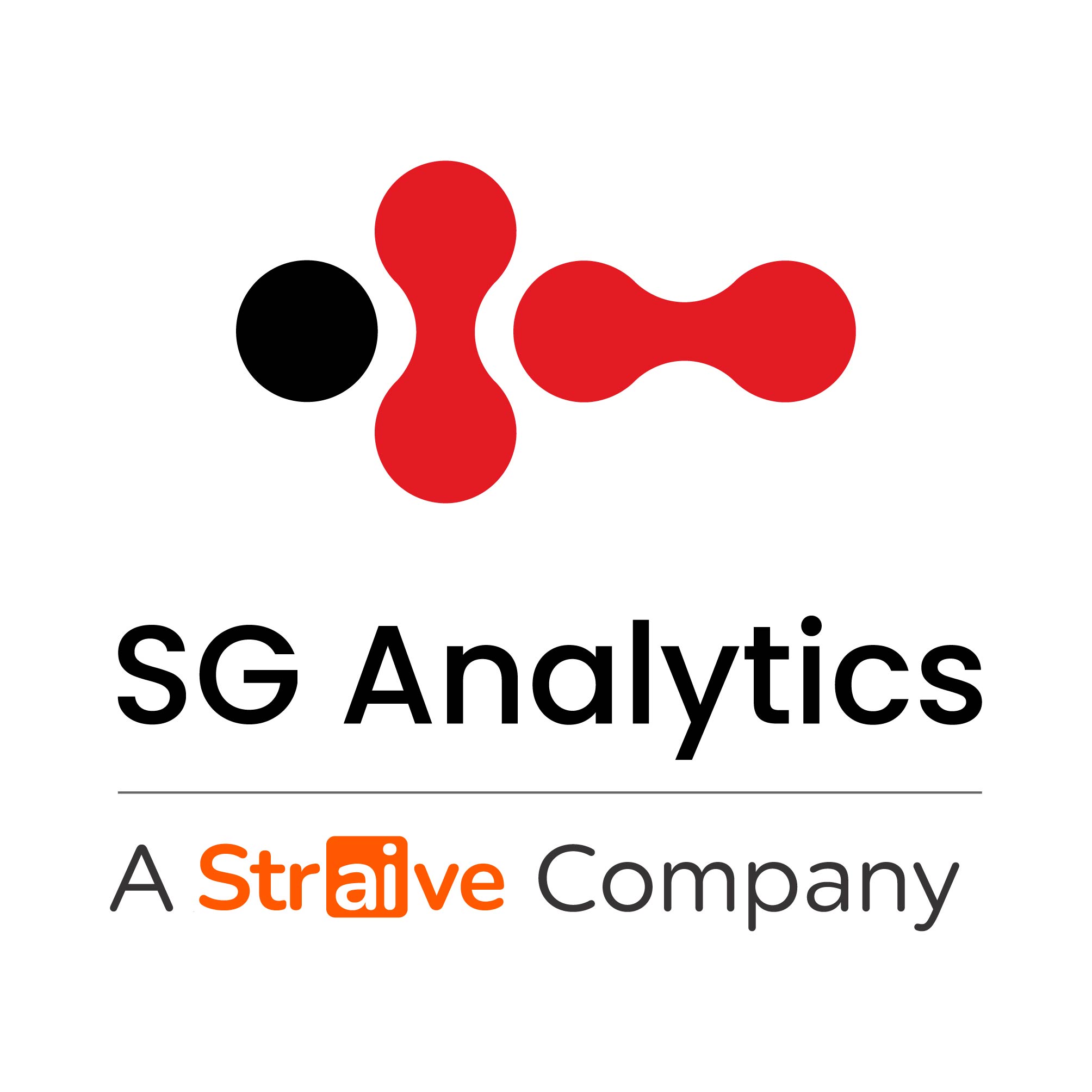“People worry that after artificial intelligence computers will get too smart and take over the world, but the real problem is that they’re too stupid and they’ve already taken over the world.”
― Pedro Domingos, professor, Washington State University, and a famous machine learning expert
We are already living in the age of algorithms. Today, they are in every fabric of human life– whether you know it or not. They have not just intruded our laptops and cell phones, but are also part of our cars, home appliances, and even the toys that our children play with.
Yet, there are conspiracy theories that machine learning will eventually take over the world. Many experts, including Stephen Hawking, have also warned that the development of artificial intelligence (AI) is fast enough to spell the end of the human race. Although this is not going to happen anytime soon, the technology has already started changing our world.
Understanding ‘Machine Learning’and‘Artificial Intelligence’
Similar to ‘cloud’ and ’big data’, terms like ’machine learning’ and ’artificial intelligence’ are extensively used by copywriters and marketers. However, the reality is that much of what people refer to as artificial intelligence is data analytics.
Experts define artificial intelligence as a set of technologies that try to imitate or augment human intelligence. Machine learning, on the other hand, is an application of artificial intelligence that enables computers to learn, grow, and change on their own when exposed to new data sets.
For example, when we look for updates on the Facebook newsfeed or listen to music on Spotify, we send vital signals to their neural network algorithms. With time, their algorithms become smarter. Amazon’s Alexa is similar to a personal assistant; it focuses on anticipating the user’s intent instead of just following instructions.
In a recent development, Google’s AlphaGo program defeated Lee Se-dol, a Go world champion in Spring 2016. The result surprised technocrats across the world, as the game is more difficult than chess and requires a level of intuitiveness that is difficult for a machine to emulate. DeepMind CEO Dennis Hassabis explained that AlphaGo achieved this seemingly impossible feat by studying data from old games and simulating millions of iterations of its own game – and learning from its mistakes.
British researchers have even found AI effective in predicting the outcomes of trials. In a study, the AI ‘judge’ came out with verdicts that were the same as the verdicts of the European court of human rights.
Artificial intelligence is also a disruptive force in the financial and banking sector.
Disruptive ‘Internet of Things’ Technology
According to a recent study conducted by Gartner, there will be about 26 billion connected devices by 2020. CIOs will have to integrate IoT as part of their digital transformation strategy. This is because of the growing importance of data management, analytics, security, and enterprise application integration in developing business technology planning.
Existing companies will have to replace their existing legacy technologies and invest in new solutions. Startups or new businesses don’t face this problem; they need to invest in a new technology only once. This provides them a competitive edge over existing companies.
Open source libraries fueling machine learning revolution
Despite being a complex technology, the adoption of machine learning has been widespread as enterprises can easily embrace this technology—which was not the case earlier due to strict intellectual property rights. Open source libraries such as Weka, Mahaout, Sparks’s MLLib, DeepLearning4J, and PyeVolve have acted as catalysts in this technology revolution. Even Microsoft, that has been traditionally opposed to such open source platforms, has launched a new Microsoft Cognitive Toolkit. This can be used as a library along with C++ and Python APIs.
Enterprises and software vendors are realizing the importance of keeping their technology open source; they get input from brilliant minds—and that helps the technology to mature quickly. This has allowed a niche technology like machine learning or artificial intelligence to reach a wider audience.
Facebook recently announced its decision to donate 22 GPU-accelerated computer servers to researchers across nine countries. In return, these researchers will have to put their research findings and data sets in an open source library.
Data as an enterprise asset
Proprietary users’ data has become an enterprise asset and the future of corporations will depend on how effectively they access, manage, and process such massive amount of data. Personal data related to lifestyle habits and product preferences of customers, especially in sectors such as retail, travel, healthcare, insurance, and e-commerce, is vital to remain competitive in business. No wonder, Facebook and Snapchat command sky rocketing valuations. Access to proprietary customer data enables them to understand their users better than any other company. Access to such data also provides them a competitive edge in the marketplace.
Access to relevant data has even become important in many other sectors as well.

